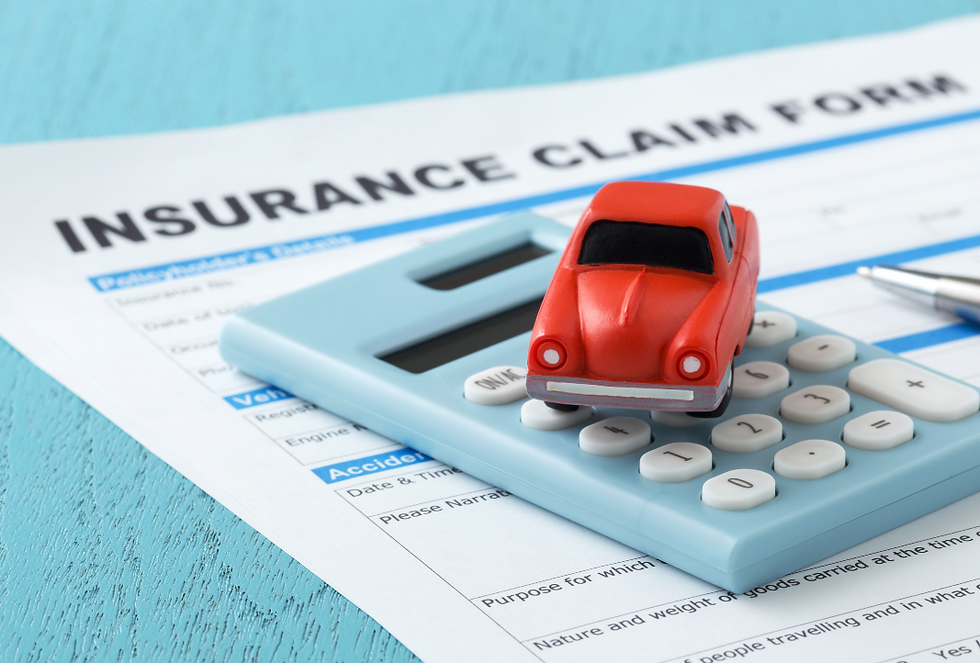What Type of Insurance Do I Need for My Campervan?
- Michael Catford
- Jan 15, 2021
- 2 min read
Updated: Apr 13, 2023
Getting insurance is perhaps the least fun part of your campervan journey… but it’s also the most important. Without it, one bad turn, one lapse in concentration, one very accidental accident could spell the end of your #vanlife adventures.
A campervan is a more complex vehicle than a car, so getting campervan insurance is also more complex. To remove some of the confusion, let’s take a quick stroll through the things that a campervan owner should consider when shopping for insurance.

DIY vs Turnkey
The first thing to note is that DIY vans can be hard to ensure. Really hard. If you don’t have a track record of making quality vans, and if you can’t supply documents proving your adherence to safety and industry standards, there will be quite a few insurers who simply won’t take the risk of insuring you
For insurance purposes, a turnkey converted van with a standard layout is a simpler option, as insurance companies will be more open to insuring a vehicle from a proven van builder.
Auto vs RV insurance
There are two ways you can insure a campervan:
Auto insurance: This type of insurance covers only those things that would apply to a normal car – the engine, body, tires, etc.
RV insurance (Class B): If you want to insure the inside of your van – the things that actually make it a camper – you’ll need to purchase Class B RV insurance.
It perhaps goes without saying, but Class B RV insurance is definitely the way to go, and many companies won’t let you insure a campervan under an auto policy anyway. A purpose-built policy gives you the confidence that whatever happens, you’ll come out the other side of it a van lifer.
Choosing your policy
To figure out the best policy for your situation, ask yourself the following questions:
How often will I use the van? Because a lot of campervans stay in storage for much of the year, many insurers offer a choice of part-time or full-time policy. On the flipside, be aware that certain insurers won’t cover your vehicle if you choose to live in it full-time.
How do I want the van valued? Most insurers will offer the choice of ‘fair market’ or ‘full replacement’ value, and this choice will usually affect the price of the policy. If it doesn’t add too much to your premium, full replacement is recommended, as it takes the valuation out of the insurer’s hands.
Do extras represent value? Breakdown cover, personal item cover, international cover; some of these things may be included in the standard policy, but many will be added extras. It will be up to you to work out whether each option is worth the extra cash.
Before you buy, shop around
Armed with this knowledge, it’s time to find a policy. But before signing on the dotted line, make sure you shop around. Get online quotes, but also speak to brokers and agents, as campervan insurance is one of those somewhat complex purchases that you should probably get help with.
Sure, it’s not particularly fun – in fact, it can be quite annoying. But finding the right policy now can save you a huge amount of financial pain down the road (while also helping to keep you on the road.)

Comments